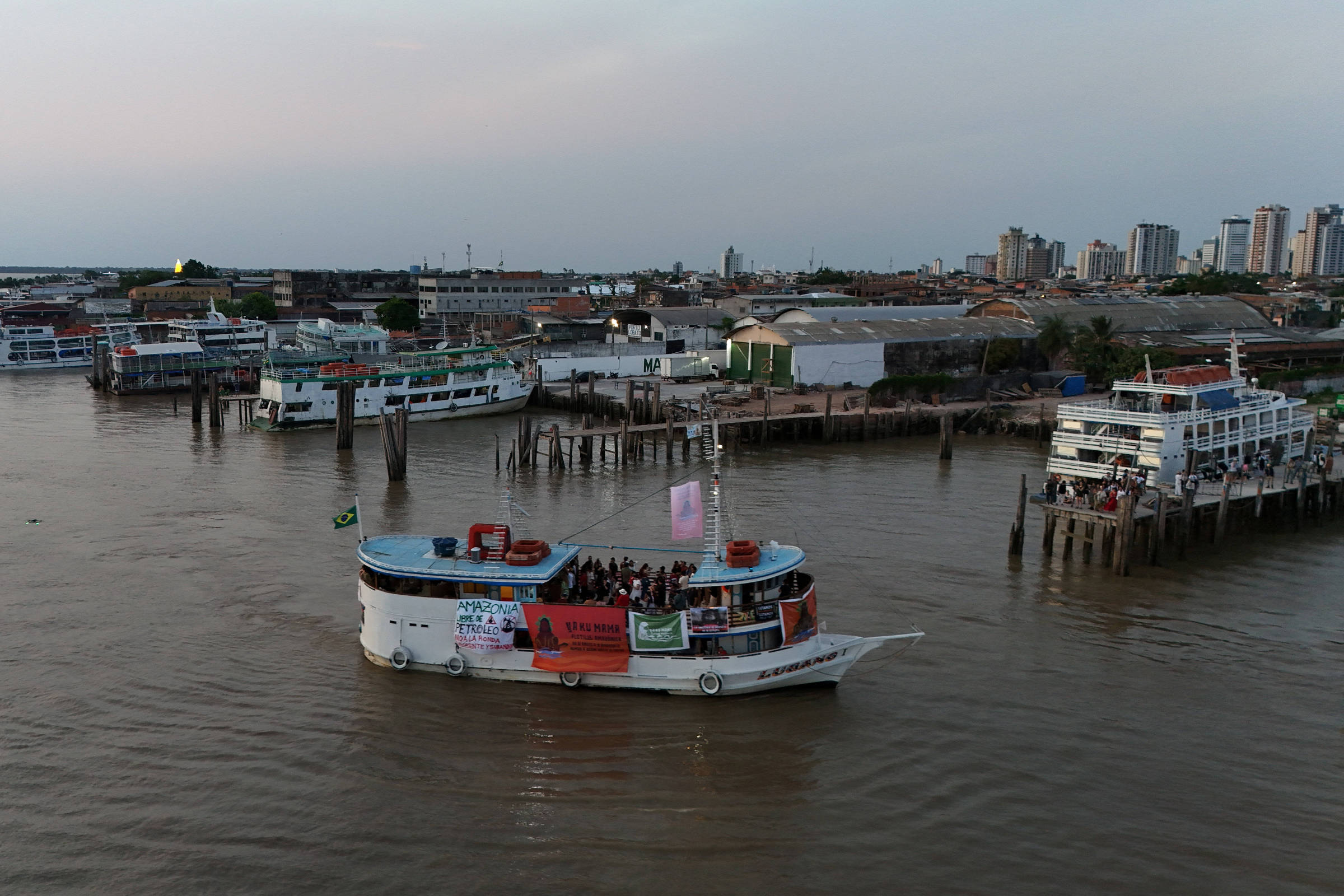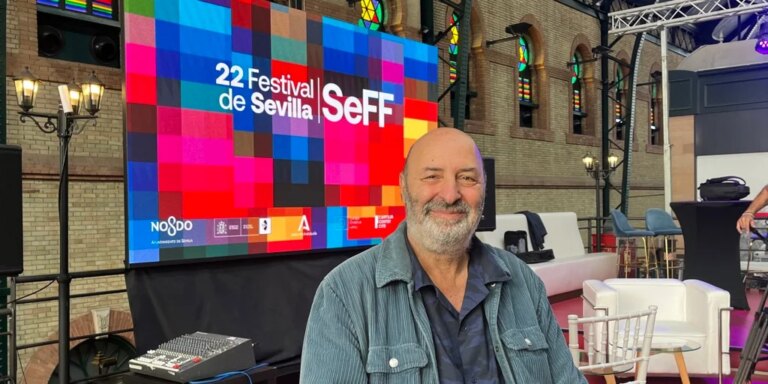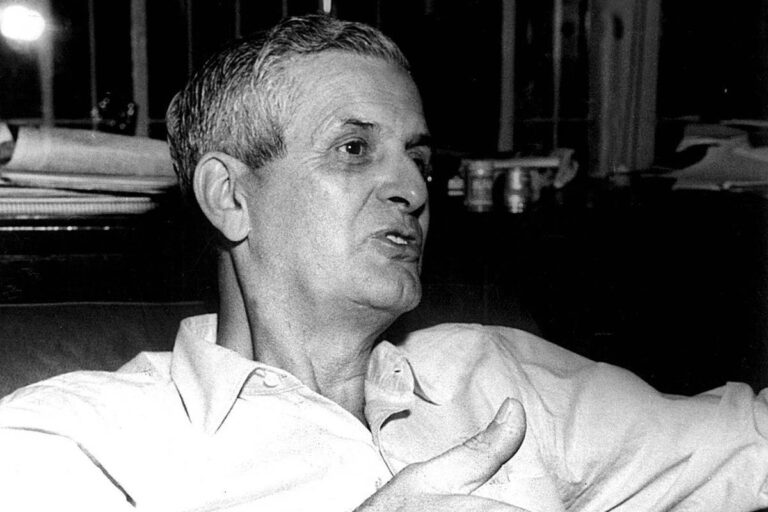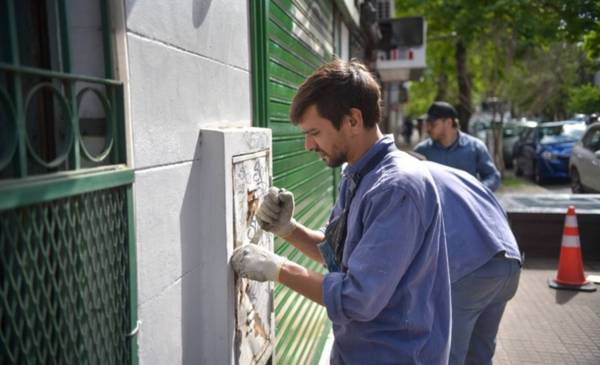
In the fight for an Amazon free from oil, mining and mining, indigenous peoples have traveled more than 3,000 kilometers along the Amazon River to participate in the United Nations (UN) Climate Change Conference COP30, which begins in Belem this Monday (10th).
The Yaku Mama (Water Mother) flotilla, carrying 62 indigenous people, entered Journas Port this Sunday (9th) after a 29-day journey. The group began their journey in the Andes Mountains of Ecuador, passing through Peru and Colombia before arriving in Brazil.
“We arrived in Belém for COP30, a historic opportunity for indigenous peoples to participate, and we had been excluded from many discussions,” says Alexis Grefa, a Quechua indigenous person and one of the platoon organizers.
Grefa emphasized that the fleet brought together indigenous peoples from Ecuador, Guatemala, Peru, Colombia, and Brazil. According to him, exchanges between different cultures and peoples aim to bring together the main challenges of each place.
“We are very happy to arrive at this conference with a clear and strong message. We do not want people to talk about protecting the Amazon without our participation, without our participation,” he added.
Levi Tapuia, the flotilla’s Brazilian representative, traveled to Ecuador to follow the operation from the beginning. He stressed that the stops in indigenous areas along the route were also aimed at raising issues that would be brought to COP30.
“We saw territorial issues, but we also saw beauty. The way to protect the Amazon differs from place to place. It’s very great to arrive at COP30 with demands from different people and different countries to protect the planet,” he concluded.



